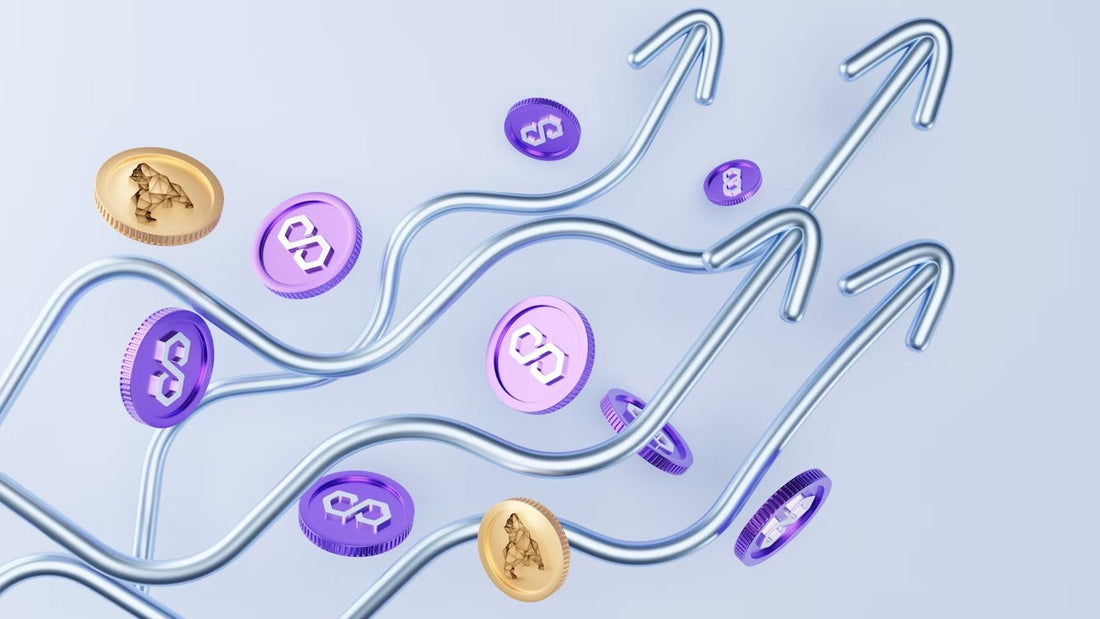Miscarriage is not just a physical loss—it’s a deeply emotional one. It shakes you at your core, whether the loss happened quietly in the early weeks or painfully later in the pregnancy. Yet, in a world that often rushes grief or leaves it unspoken, many women are left navigating this experience in isolation. Even as life rushes forward, this is your moment to be still—to grieve, to gather, and to begin healing in your own quiet way.
1. Physical Recovery: Honoring the Body’s Timeline
Miscarriage is physically demanding—even if it’s early. Hormones crash. The uterus contracts. Energy dips. Your body is doing the work of releasing, shedding, and slowly recalibrating.
- Hormonal Reset: After miscarriage, estrogen and progesterone fall dramatically. This hormonal dip can leave you weepy, anxious, or bone-tired.
- Uterine Recovery: Whether your miscarriage was natural or involved medical intervention, your uterus needs time to heal and return to its pre-pregnancy state.
- Cycle Return: For most women, menstruation resumes within 4–6 weeks, though irregularities are common in the first few months.
- Thyroid Check: Post-loss, thyroid function can fluctuate, especially in women already at risk.
2. Emotional Healing: Allowing Space for the Unseen
The sadness after miscarriage can be raw, quiet, or completely overwhelming. And it rarely follows a tidy path. You might feel fine one day, then floored the next. That’s normal.
- Grief is non-linear: There’s no "right" way to grieve. You may feel anger, guilt, numbness, or even relief—all are valid.
- Honor your loss: Light a candle. Write your baby a letter. Plant something in their name.
- Talk it out: A compassionate therapist or support group can help. So can a trusted friend who simply listens.
Gentle support: DameHealth Magnesium & Tart Cherry — promotes calm, eases muscle tension, and helps with sleep during emotional upheaval.
3. Nourishment, Rest, and Gentle Rituals
Recovery isn’t just about bloodwork and cycles. It’s about nurturing your body with softness and care.
Healing Diet Plan:
- Week 1–2: Warm, easy-to-digest foods like kichdi, soups, and stews. Bone broth or dal with ghee for strength.
- Week 3–4: Introduce iron-rich foods (spinach, sesame, dates), lean protein, and hydration.
- Ongoing: Focus on nutrient density—omega-3s, folate, vitamin D, and magnesium.
Home Care:
- Abhyanga (self-massage with warm sesame oil)
- Herbal teas (ginger, chamomile, fennel)
- Daily walks in nature (even just 10 minutes)
Cellular support: DameHealth Bio-CoQ10 — supports mitochondrial function and hormone repair.
4. Trying Again: Listening to Your Readiness
There’s no rush. Just questions to ask yourself when the time feels right:
- Have your cycles returned and stabilized?
- Do you feel physically replenished?
- Are you emotionally ready—or still feeling fragile?
Doctors often recommend waiting 1–3 cycles. Emotionally, it could take more time—and that’s okay.
When the time comes: DameHealth Women’s Fertility Support Bundle — helps support ovulation, hormone balance, and egg quality.
5. Rebuilding Trust with Your Partner
Grief lands differently for each partner. Some shut down, others become hyper-vigilant. Intimacy can feel distant or heavy with unspoken fears.
- Re-establish emotional closeness before trying again.
- Create space for shared grief—a walk, a movie night, a conversation without goals.
- See a counselor if communication breaks down or resentment builds.
Healing your relationship is part of healing you.
Myths vs. Truths
Myth: If I miscarried once, I’ll miscarry again.
Truth: The majority of women go on to have healthy pregnancies.
Myth: I caused this by lifting something / being stressed / not eating right.
Truth: Most miscarriages are due to chromosomal issues beyond your control.
Myth: If I’m still sad after a few months, something’s wrong with me.
Truth: Grief has no timeline. Honor your journey.
Myth: Miscarriage is rare.
Truth: Miscarriage is incredibly common. It’s estimated that 1 in 4 pregnancies ends in miscarriage, most often in the first trimester..
Myth: You’ll always know if you had a miscarriage.
Truth: Some miscarriages, like a "missed miscarriage," may show no symptoms. They’re only detected during an ultrasound when a heartbeat isn’t found..
Myth: It’s not a big deal if it happens early.
Truth: Whether at 5 weeks or 15, loss is loss. Emotional pain doesn’t follow gestational age—it follows the love and hope you had.
Myth: Stress or arguments caused the miscarriage.
Truth: Normal stress doesn’t cause miscarriage. The vast majority are due to chromosomal abnormalities, not your emotions or environment.
Myth: You should wait 6 months before trying again.
Truth: The WHO once advised this, but recent studies show that conceiving within 3 months can be safe—and sometimes even improves outcomes. Always consult your doctor.
Myth: You should be “over it” in a few weeks.
Truth: Grief doesn’t run on a deadline. Many women feel waves of emotion for months or even years. Healing takes time and support.
Myth: Miscarriage only happens once.
Truth: Some women experience recurrent pregnancy loss. It’s important to seek medical evaluation if you’ve had two or more consecutive miscarriages.
Myth: You can’t bond again after a loss.
Truth: Many parents fear connecting with a new pregnancy. But it is possible to feel joy again—grief and hope can coexist.
Myth: It’s better not to talk about it.
Truth: Silence can deepen isolation. Talking about your miscarriage—with friends, therapists, or support groups—can be healing for many.
Myth: There’s no point in taking care of your health now.
Truth: Now more than ever, your body needs nourishment, rest, and support to recover and prepare for the future—emotionally and physically.
Family & Support System: Let Others In
Let your circle help you. Ask your sister to cook you meals. Let your mom hold your hand. Let your friends sit with you in silence.
- Create boundaries if people say the wrong things
- Let others grocery shop, do laundry, or simply be with you
- Choose 1–2 people as your emotional anchors
FAQs
Q: When can I try again after miscarriage?
A: Most doctors say after one cycle, but wait until you feel ready physically and emotionally.
Q: Will my hormones be out of balance?
A: Temporary imbalance is common. Nutritional and herbal support can help realign.
Q: How do I know if I need therapy?
A: If you feel stuck in sadness, guilt, or fear—it’s a powerful and valid step to get help.
Q: What supplements help with recovery?
A: Magnesium, iron, B-vitamins, and CoQ10 are especially helpful.
Miscarriage is a kind of loss that doesn’t always get the care it deserves. But you deserve to heal—not just physically, but emotionally and mentally too. Let yourself be cared for. Nourish yourself like you would a loved one. Let grief move through you.
Support your healing with:





